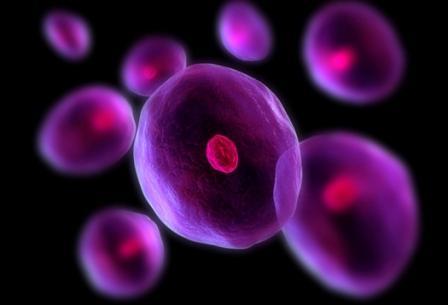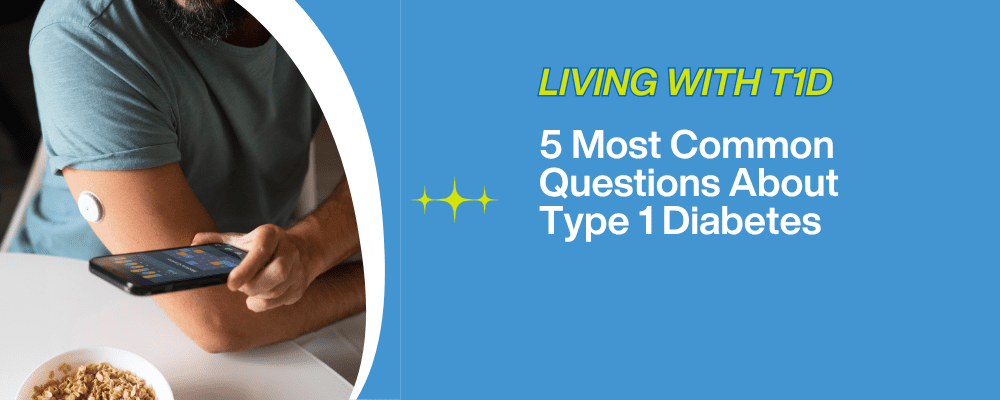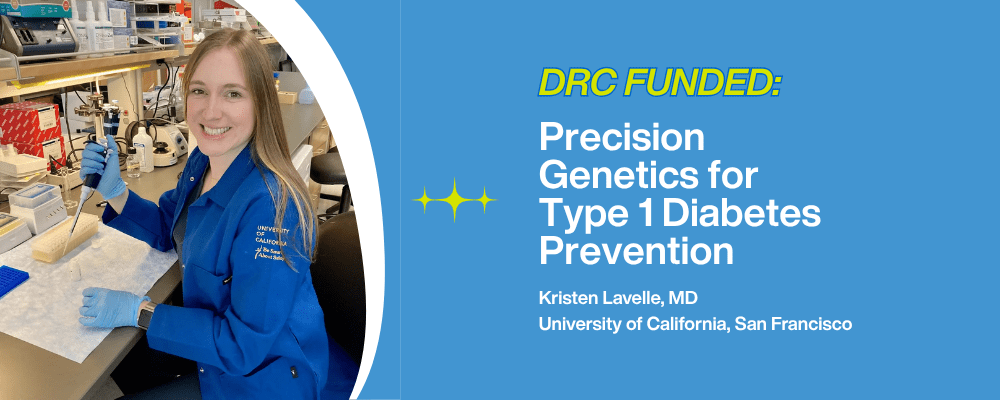One of the challenges of treating type 1 diabetes is developing a process that will stimulate insulin production without triggering the body’s immune system to attack these cells. Many potential solutions have undesirable side effects, only short-term success, or still require immune system suppression, which can be hard on the body.
Current studies have been focused on the use of islet transplantation to help manage blood glucose levels. Researchers have been trying to determine the most effective location for islet transplantation, and how to reduce rejection and providing lasting results. One approach that has shown great potential is using macro- or microencapsulation of islet cells. This provides a layer of protection for the cells while still allowing the exchange of oxygen, nutrients, glucose, and insulin. Scientists must determine the optimal thickness and composition of the encapsulation device to allow the cells to remain viable, protected from immune response, and effective at moderating blood glucose levels. Some mice have shown a positive response to use of macroencapsulation devices and human stem-cell-derived insulin-producing cells for managing diabetes.
This study has only been conducted using animals so far, therefore more research and testing is needed before it is approved for human trials or treatment. Cell replacement therapy has come a long way and appears to be an effective path toward treating and potentially curing type 1 diabetes in the future. The use of human stem-cell-derived insulin-producing cells may help overcome shortages of islet donations and allow more patients to receive cell replacement therapy for type 1 diabetes. You can learn more about this study here.
The Diabetes Research Connection supports ground-breaking research studies that show potential in improving treatment and prevention of type 1 diabetes. All funding goes directly to early-career scientists’ research projects allowing them to advance their investigations. Help support the future of diabetes research and the effort to find a cure by donating today.




